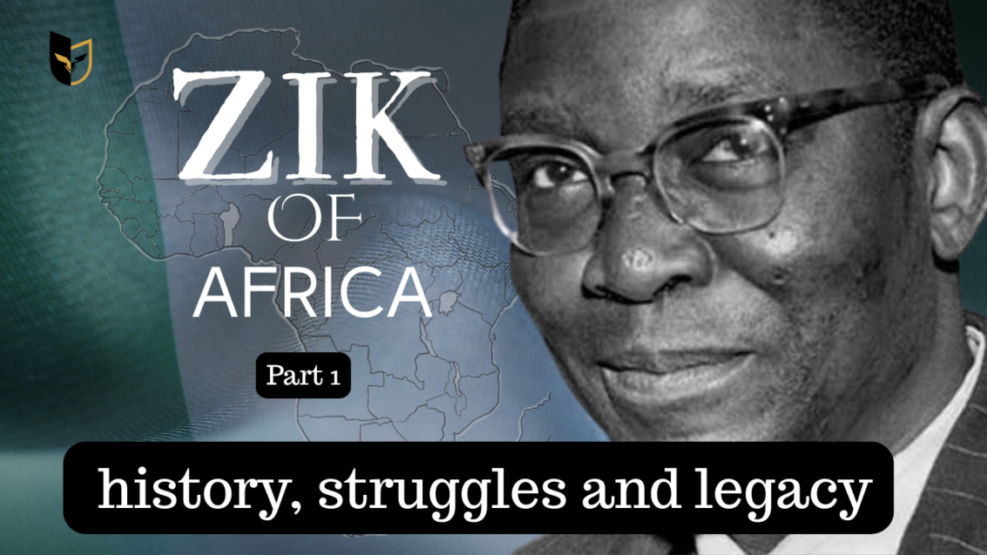No products in the cart.


Every election cycle is an opportunity to elect those whose drive is to improve the state of the country or to create pathways for a decline. Choices made in any election can affect the people and the country in the short and long terms.
People who are elected bring with them policies that will increase growth and development or policies of retrogression. Leaders pursue policies based on their background, belief systems and world views and should be viewed in terms of their capacity to lead with competency and compassion to the many people whose primary needs yearn to be addressed.
Choices made during elections have set Nigeria backwards than progress. The candidates often plan for a two-term, even before they win their first term. The consideration of any choice of leaders should be made largely based on the proposed policies that will improve the quality of life of people or drive them to poverty.
If there is a country that moves backwards instead of progressing, that country is Nigeria. At 62 years, the citizens grapple with so much hardship, insecurity, hopelessness and environmental impact. Bad governance doesn’t just fall from the sky, it is man-made and as a result of the choices made during elections.
Election choices determine the direction of the country and policies being enacted.
Elections have consequences. A very big one. In 2015, Nigerians made their choices all over the country. Shortly after the transfer of leadership, deaths started occurring on the streets with little arrests of the culprits made. In the last 7-years, Nigerians have been pushed to contend with various issues like poor health care and services, low attention to education, continuous inflation, environmental hazards, insecurity, dilapidated infrastructure and political instability, disunity and strong clandestine push to cater to cattle more than human beings.
Since after the war, Nigerians have not had it easy from one administration to another. Both military and civilian. While some administrations were judged average, others were below average. The concentration of power at the centre has not only attracted people; charlatans to the political circle, governance up till the local government has increasingly been neglected and abandoned as corruption takes the centre stage.
Rural infrastructure and amenities are left to decay. Many, who desire average amenities, migrate to urban areas where there is over saturation of people, overstretching the existing amenities. Rural areas are left bare and as the backbone for food and agricultural products, the migration of the rural people to the urban areas has caused low food production. Educated people find solace in migrating out of the country where they think their services will be better appreciated as they receive better returns. This drains Nigeria of the services of experts and professionals. The exodus leaves the country with mediocre professionals. Nigeria as it is, is not working for all.
“Nigerians are not emigrating to Canada (and other places ) because they want to, they are going there because they do not believe Nigeria provides them any opportunities, and security, to thrive as citizens,” said Bell Ihua, Executive Director of Africa Polling Institute.
But, Nigerians are not ready to change their sordid situation by ensuring that people with track records of achievement get elected into offices. They would rather go for ethno-religious based choice of leaders than how and what will change the country’s situation.
Not everyone can migrate to the urban cities as not everyone can migrate to other countries. Bad governance does not look at ethnicity or religion. All the people experience it. The situation is the same for all and in the next elections which are consequential as Nigeria services her economy on loans, it calls for a real introspection and a resolve to elect those with the capacity to lift the people out of poverty and stall the unending urge for migration.
Elections do have consequences. It is left for the people to make a conscious effort to elect those that will work to improve their well-being and livelihood.